Opinion: Why a Joe Biden Presidency is Not Something to Celebrate
November 18, 2020
On Nov. 3rd, 2020, I felt deja vu. Although it had been four years since Donald Trump got elected as president, I still remembered how lost and disconnected I felt waking up to a president who was against me.
I was 13, and that election was the first time I had ever paid attention to politics — though, not by choice. After all, I’m a Black, Latinx, bisexual woman. At the time, it felt my identity was a cocktail for oppression.
I thought that if I educated myself on politics in 8th grade, maybe I’d be prepared for what was to come in the future. “Just in case,” I said to myself, anticipating the first female president, “just so that I can defend myself. Just so that I know.”
On election day in 2016, I slept as though the night as if it were any other. I tried to tune into the CNN newscast blasting in my mom’s room, but the political jargon and anticipation made my head hurt. The next day, I woke up just like normal. I stretched out my limbs, cracked my back, and tapped into Twitter like I normally would.
Only this time, scrolling through my Twitter Explore page I felt my stomach drop. My screen lit up with buzzwords about the election: POTUS-Elect Donald Trump, Trump 2020, Electoral College, MAGA. The world around me felt surreal. I felt confused, disheartened, and anxious.
The fact that this was only the start of the day didn’t help—I still had to get ready for school, take the bus, and run laps around my track in P.E. like it was a normal day. For me, however, it didn’t feel like any other day. It felt like the world should have tipped off its axis like I had my own little safety bubble popped by something out of my control.
I suddenly became aware of all the things that made me a target. I was no longer Alaina Fairley-Moore, an 8th grader who sings and is bad at dancing and gets straight A’s because she cares about her education. Now I was a Black, bisexual, Latinx woman with a first-generation immigrant family.
I was always aware of my identity, but now it was something I couldn’t ignore.
Trump didn’t make people more racist, nor did he make others become more liberal or leftist. Trump just gave people the courage to outwardly state their views, whether it be outright hatred, fear, or defense.
He made America a safe space for white supremacy. He condoned hate crimes and encouraged police brutality. He erased that comfort we used to have with presidents that hid their views on marginalized communities. When he attacked minorities, he did it loudly and proudly and it woke everyone up to the realities of our state as a country in regards to race, class, and misogyny.
I became defensive, constantly arguing with the white kids in my class about why my mom deserved to stay in this country even if she didn’t come legally. Explaining to the people around me why every time I saw a cop nearby I’d fear for my life, and I’d fear for the lives of those around me.
I thought education was the solution, and maybe it is. I made it a point to educate those around me. Assuming the role of the educator when my country’s leader was constantly spewing ignorance was exhausting.
One day in my 8th-grade choir class, I spent the entire period debating with a white classmate about immigration. I told him about how my mom and half her family rode in the back of a truck squeezed between two thick mattresses alongside another family to get to the U.S. because my grandparents wanted her and her siblings to live somewhere where they could dream safely. I went into detail about what my mom and her family went through settling into a new country without much to fall back on. I tried to explain that my family didn’t have the privilege to come to the U.S. legally. It would have taken years of paperwork and money they didn’t have.
He didn’t want to understand.
It’s something that nobody at such a young age should even have to think of doing, but at the time, it felt as though I had no other choice. To me, staying silent would allow others to think that I agreed with them, and I was okay with people calling my family slurs, criminals, and rapists.
Trump getting elected changed me and the people around me. People say it divided us as a country, but I disagree. I don’t think people became polarized because a racist got elected president. We’ve had plenty of racist presidents before—what would make this time any different?
I had little hope when it came to the 2020 presidential elections.
Even as I eyed the 270 electoral votes on Biden’s side, I felt overwhelmed with doubts and “what ifs.”
What if we have unfaithful electors that decide to go against the popular vote? What if by some horrific miracle Trump wins enough lawsuits against states to get the presidency again? My mind sees that Biden’s obviously won, but my body refuses to give into even a glimpse of hope.
Maybe a big reason why is because I recognize that, even if Biden won, it’s not the end of anything for me. Biden’s not violently racist, sure. He and Kamala won’t spew slurs about minorities behind podiums, but my concern is less what happens behind podiums and more what happens behind closed doors.
Now, we have a president that allows us to fall into comfort again. Now people have the privilege to ignore the attacks on marginalized communities because it’s happening silently.
I wish I could celebrate a democrat winning this year’s presidential election. I wish I saw the Biden-Harris banner as a beacon of hope. I wish I was still a naïve seventh-grader who idolized Obama and believed that all democratic politicians work for the good of all people. But I can’t, I don’t, and I’m not.
How could I when it’s likely Biden won’t do much for me either? He won’t abolish the police or make healthcare free. He won’t make the change necessary for my family to exist safely or have equal opportunity.
No matter the outcome, my people are still oppressed and struggling to be heard.
Can you blame me for not jumping for joy?

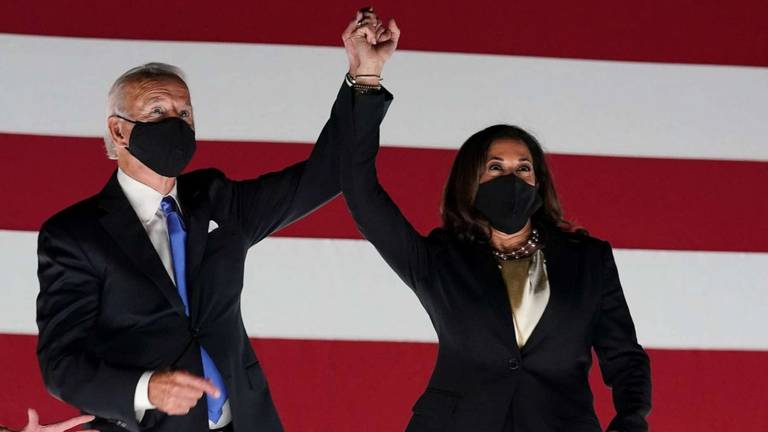

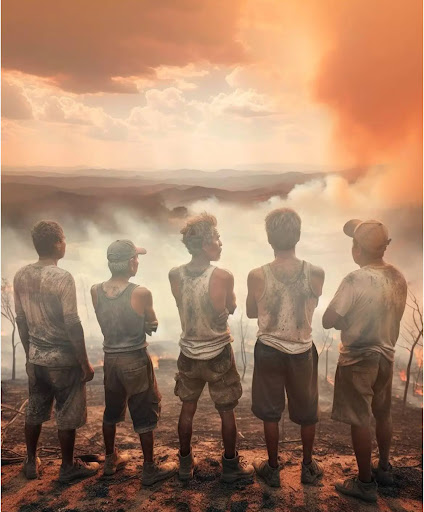
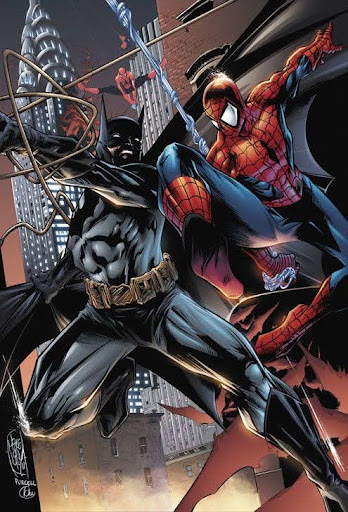
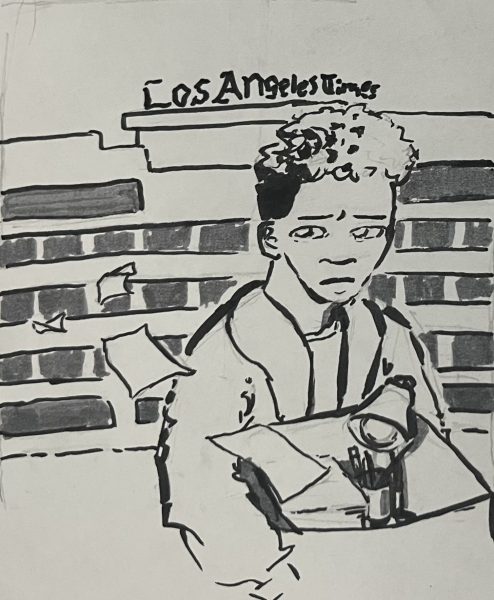
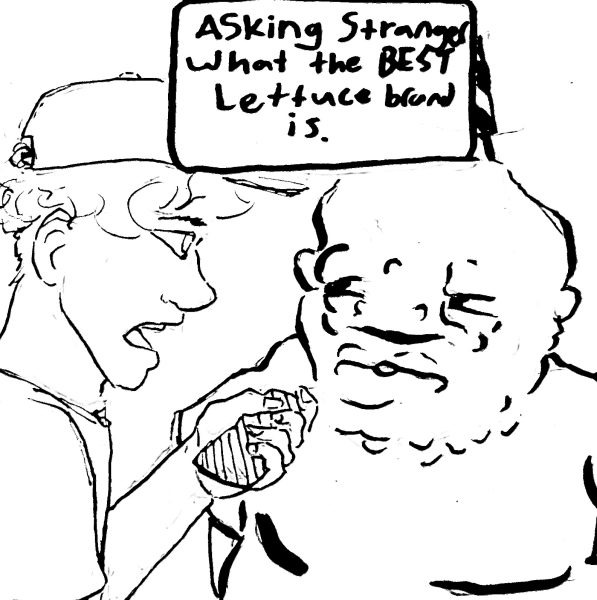
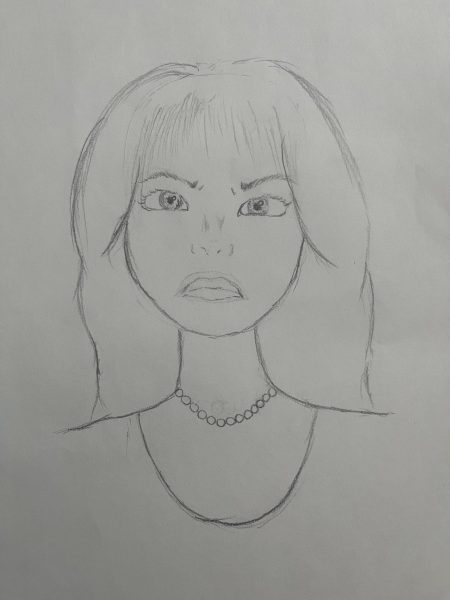
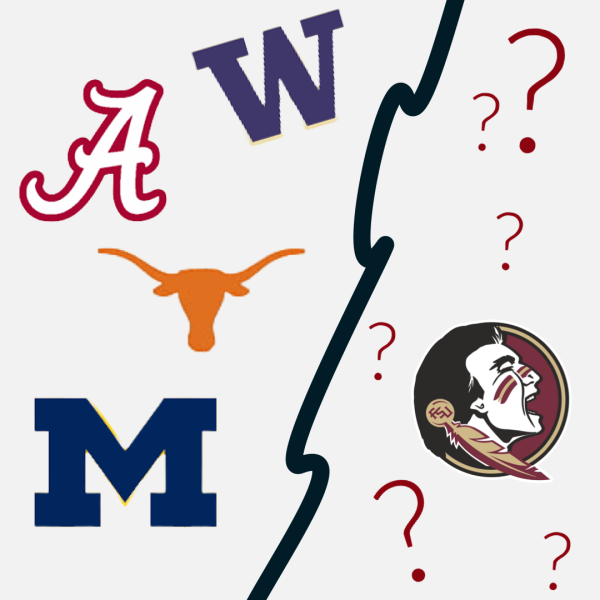
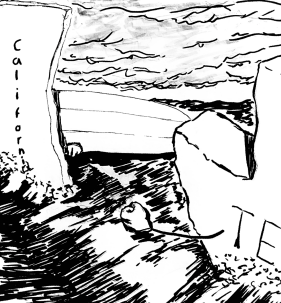
Johanna Zamora • Nov 18, 2020 at 2:35 PM
Well done. Intersectionality plays a huge role. Thank you for speaking and informing others about our perspective as we’re commonly understood for just wanting peace and equality for all even if all of us weren’t born in the US.